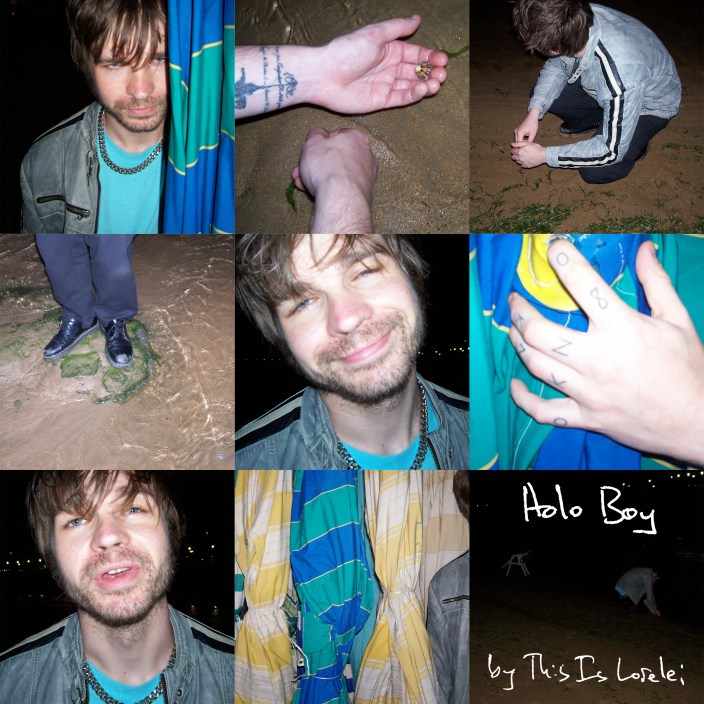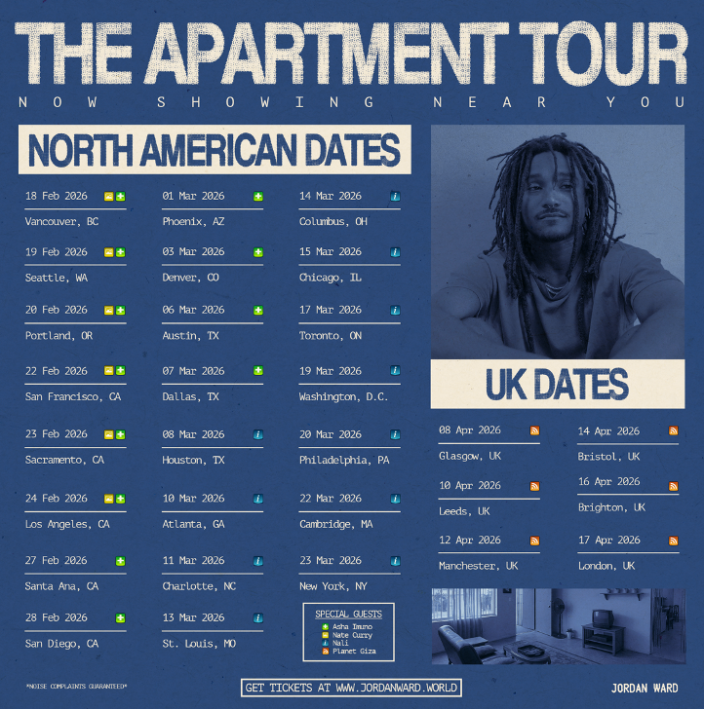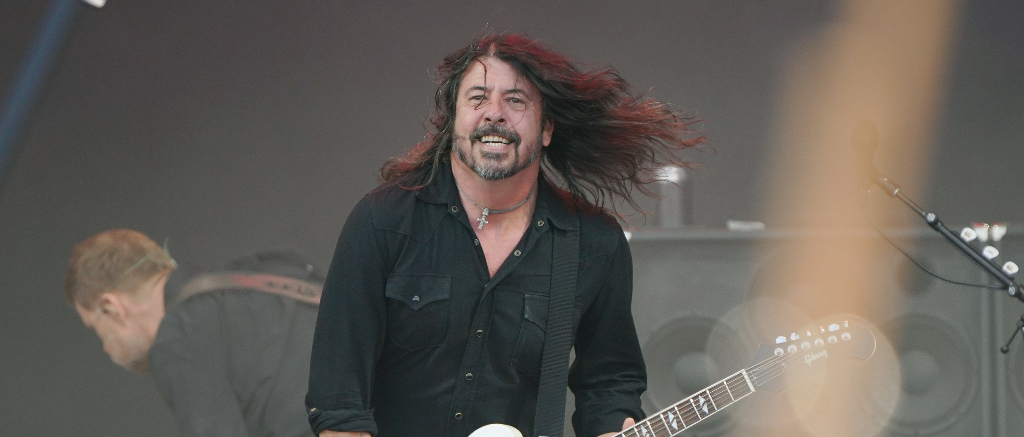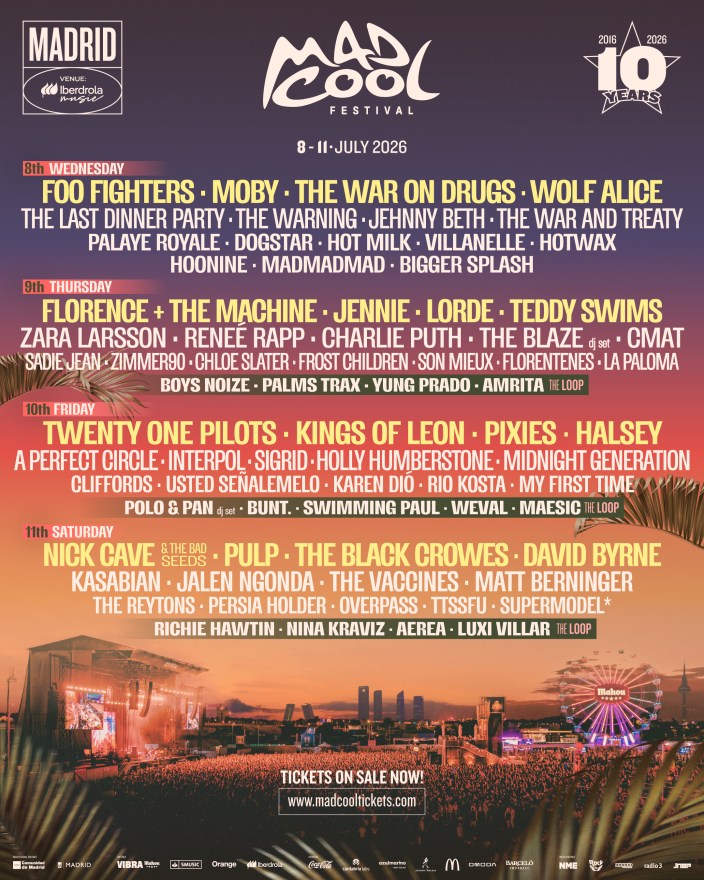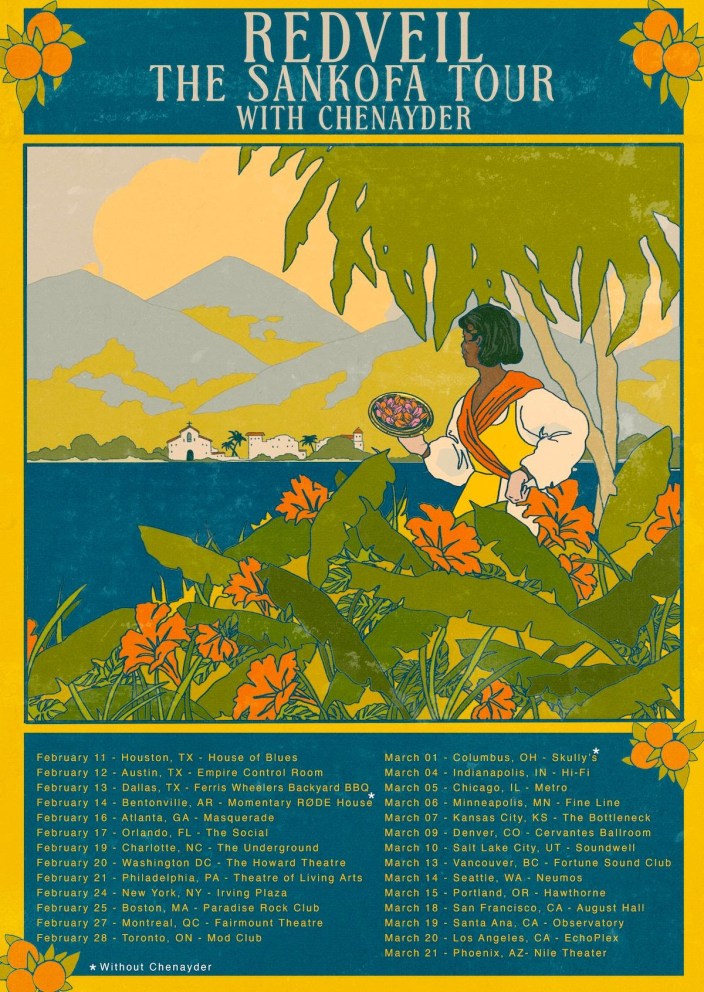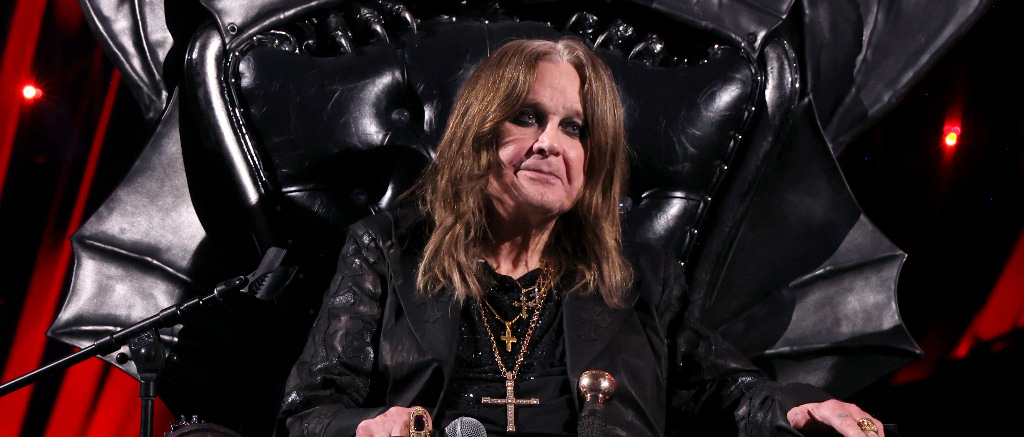
Wet Leg just released a new album, Moisturizer, in July. There’s no such thing as too much Wet Leg, though, so fans are already eager for their next LP to drop. They might not have to wait too long, it turns out, as it’s apparently already finished.
In a Radio X interview with the band’s Rhian Teasdale and Josh Mobaraki (as NME notes), towards the end of the conversation, host John Kennedy asked if the band has made any progress on a new album, which would be their third. Teasdale said plainly, “It’s done.”
The host, amazed, asked, “It’s done?! Amazing. Where on Earth did you find the time to do that?” Teasdale responded, “I know, with Mobaraki adding, “Not on Earth.”
There was no indication of when this new project might arrive. In the meantime, check out the band’s upcoming tour dates below.
Wet Leg’s 2025 & 2026 Tour Dates
11/11/2025 — Esch-sur-Alzette, Luxembourg @ Rockhal Club
11/13/2025 — London, UK @ Royal Albert Hall
11/14/2025 — Bristol, UK @ Bristol Beacon
11/15/2025 — Liverpool, UK @ Mountford Hall Uni
11/17/2025 — Nottingham, UK @ Rock City
11/19/2025 — Norwich, UK @ The Nick Rayns LCR, UEA
11/20/2025 — Portsmouth, UK @ Portsmouth Guildhall
11/21/2025 — Cardiff, UK @ Students Union Great Hall
11/23/2025 — Glasgow, UK @ O2 Academy
11/24/2025 — Glasgow, UK @ O2 Academy
11/26/2025 — Dublin, Ireland @ 3Olympia
11/27/2025 — Belfast, UK @ The Telegraph Building
12/01/2025 — Kingston, UK @ Pryzm
12/31/2025 — Edinburgh, UK @ Hogmanay, West Princes Street Gardens
02/05/2026 — Auckland, New Zealand @ Laneway Festival
02/07/2026 — Gold Coast, Australia @ Laneway Festival
02/08/2026 — Sydney, Australia @ Laneway Festival
02/09/2026 — Gadigal Land, Sydney, Australia @ Roundhouse
02/10/2026 — Wurundjeri Land, Melbourne, Australia @ Northcote Theatre
02/13/2026 — Melbourne, Australia @ Laneway Festival
02/14/2026 — Adelaide, Australia @ Laneway Festival
02/15/2026 — Perth, Australia @ Laneway Festival
02/18/2026 — Tokyo, Japan @ Toyosu Pit
02/19/2026 — Osaka, Japan @ Gorilla Hall
02/20/2026 — Nagoya, Japan @ Diamond Hall
04/12/2026 — Indio, CA @ Coachella
04/19/2026 — Indio, CA @ Coachella
06/03-07/2026 — Barcelona, Spain @ Primavera Sound
06/18-21/2026 — Isle of Wight, UK @ Isle of Wight Festival




